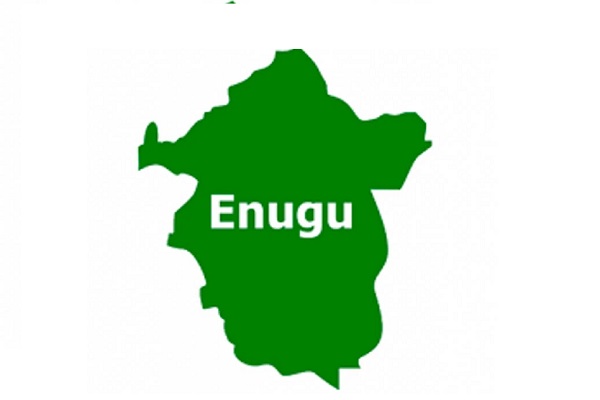The United Nations Development Programme (UNDP) has urged Nigeria to adopt the National Disaster Risk Reduction Strategy (2025 – 2030) and Action Plan.
The resident representative of the United Nations Development Programme (UNDP) Nigeria, Ms. Elsie Attaffua, explained that the national strategy was a blueprint for action against all forms of disaster in Nigeria.
Ms. Attaffua, who was represented by the National Coordinator, UNDP GEF Small Grants Programme, Ibironke Olubamise, said the strategy document will guide the nation’s efforts to reduce risks associated with disasters, protect lives and livelihoods and ensure that no community is left behind.
Speaking yesterday in Abuja at the National Validation Workshop for the National Disaster Risk Reduction Strategy (2025 – 2030) and Action Plan, she noted that the urgency had become obvious because over the past decade, due to the frequent, intense and devastating nature of disasters.
The disasters, according to her, include: floods, droughts, epidemics, and infrastructure failures.
Attaffua recalled that Nigeria had recorded several flood disasters which had destroyed homes, farmlands and rendered many homeless, thereby forcing untold hardship to the people.
According to her, “The UNDP through her GEF Small Grants Programme has supported over 220 community environmental initiatives in over 240 communities in 30 states in Nigeria. We have seen how floods have brought untold hardship to the communities, which are the first victims of most of these floods, if not all.”
She stated that with Nigeria’s population projected to exceed 250 million within five years, the scale and severity of risk will only grow unless Nigeria acts decisively and collectively.
Attaffuah noted that the strategy was rooted in Nigeria’s national priorities and aligned with the Sendai Framework for Disaster Risk Reduction, the African Union Programme of Action, the ECOWAS DRR Gender Strategy and Action Plan and the Regional Resilience Strategy for West Africa.
The Director General, National Emergency Management Agency (NEMA), Mrs Zubaida Umar noted that Nigeria like many nations have continued to face increasing risks from natural hazards, pandemics, conflicts, environmental degradation, and the worsening impacts of climate change which pose threats not only to lives and livelihoods, but also to sustainable national economic development, peace, and security.
Umar said the National DRR Strategy (2025-2030) and Action Plan (2025–2028) was a timely and strategic document designed to strengthen and institutionalise resilience across critical sectors of the country.
She said it was anchored on the Sendai Framework for Disaster Risk Reduction, while aligning with Nigeria’s and other global commitments.
“The strategy provides a coordinated, inclusive, and forward-looking approach to reduce disaster risks, adapt to climate change, and safeguard our development gains,” she said.
She expressed hope that Nigeria’s disaster management approach would, through the strategy, transform from reactive to proactive, preventive, and resilient




